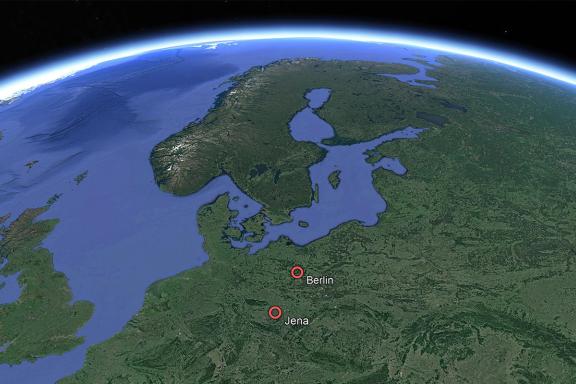
Venues
IPS 2024 in Jena and Berlin
Arena Berlin: The main venue of IPS 2024
The central location, or home base, of the conference in Berlin is the Arena Berlin. The historic site dates back to its days serving Berlin public transportation in the 1920s. Located on the beautiful Spree River, not far from the famous and historic Oberbaumbrücke, Arena Berlin is situated perfectly between all three of the Stiftung Planetarium Berlin sites. Close to the S-Bahn, it is an easy train ride to any of the other conference locations in the city. It also has views of the water with pleasant walking paths, a dock for boat tours, and even a swimming pool aboard a ship.
Arena Berlin
Eichenstraße 4, 12435 Berlin
Public transport station: S-Treptower Park

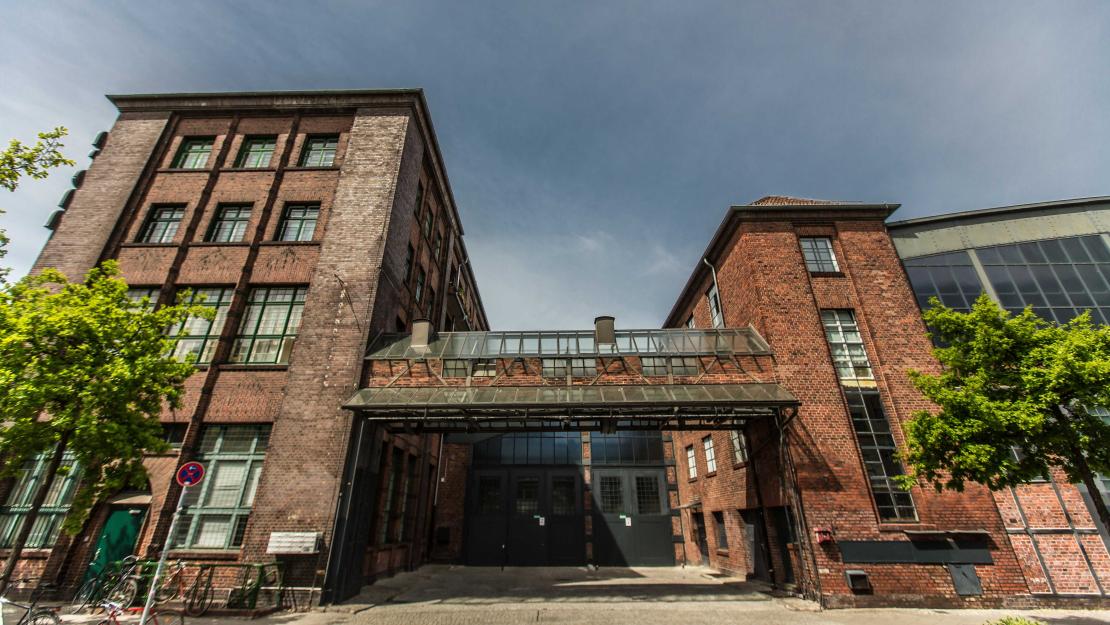
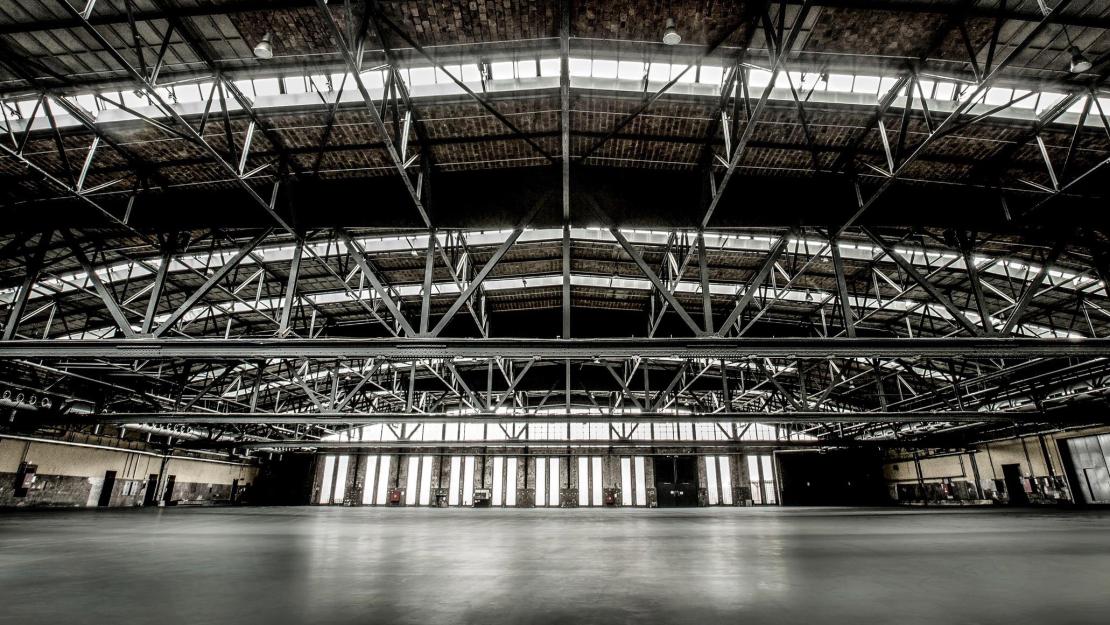
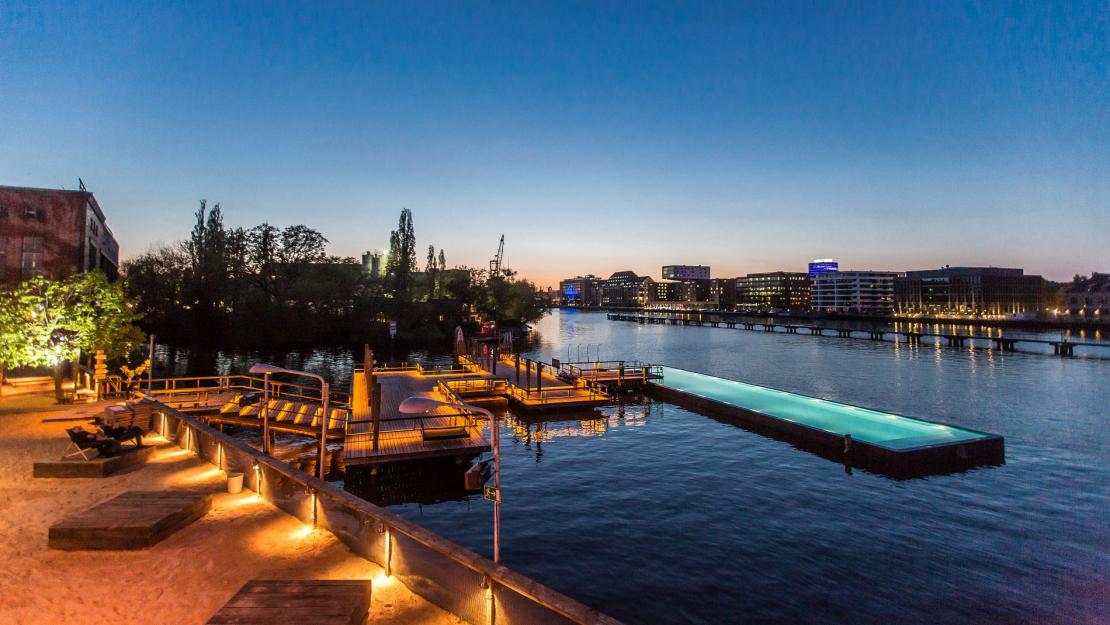
Sites of the Stiftung Planetarium Berlin
The Stiftung Planetarium Berlin (Berlin Planetarium Foundation) was established on July 1, 2016 and unites the three astronomical facilities of Berlin for the first time in the history of the city.
The houses of the foundation are modern bridges to the cosmos, serving around 400,000 visitors each year. As a joint institution, they are at the top in terms of technology and content and are an essential part of Berlin's educational and cultural offering.
Zeiss-Großplanetarium
Originally opened in 1987, the Zeiss-Großplanetarium (the Zeiss Large Planetarium) houses a large planetarium with 307 seats under a 23-meter dome, and a cinema with 160 seats. Reopened in 2016 after two years of modernization, it is a planetarian’s dream location. The Planetarium boasts a ZEISS Universarium Modell IX LED opto-mechanical star projector, Sky Control, powerdome, Uniview, Evans & Sutherland Digistar 6, Atmosphere 3D Sound System, ChromaCove cove lighting, and of course lasers and fog machines. The planetarium no longer shows only astronomical programs, but brings visitors closer to the diversity of all natural sciences, as well as cultural and (live) music programs.
Zeiss-Großplanetarium
Prenzlauer Allee 80, 10405 Berlin
Public transport station: S-Prenzlauer Allee
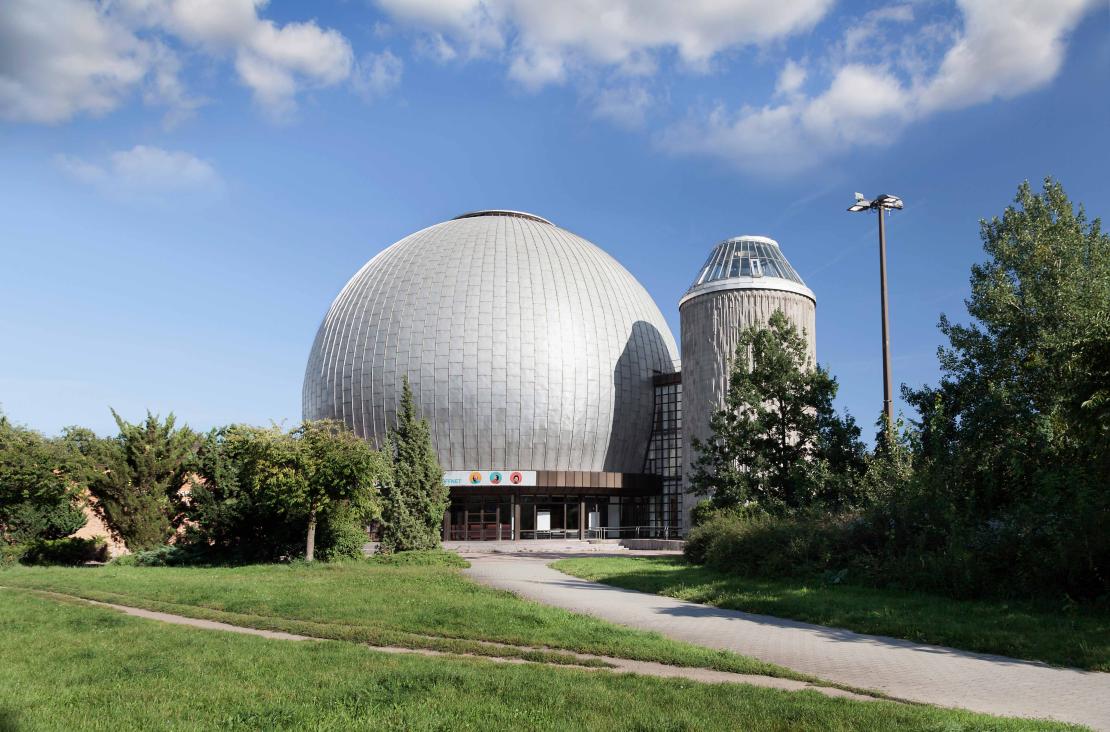
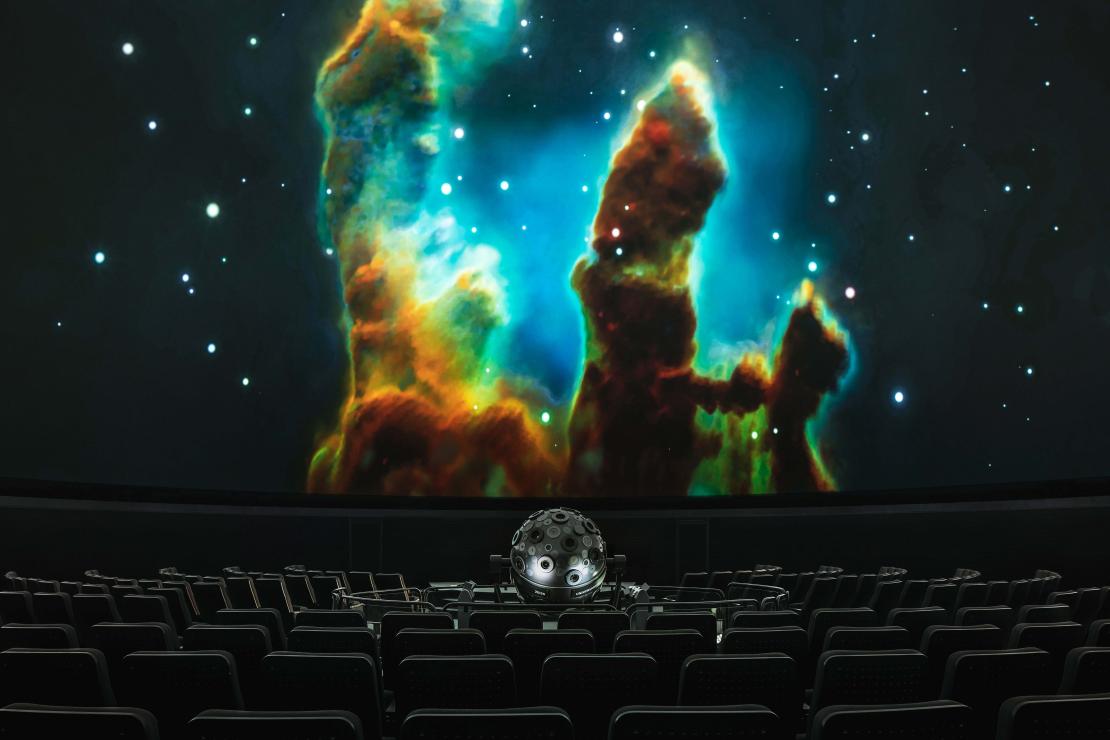
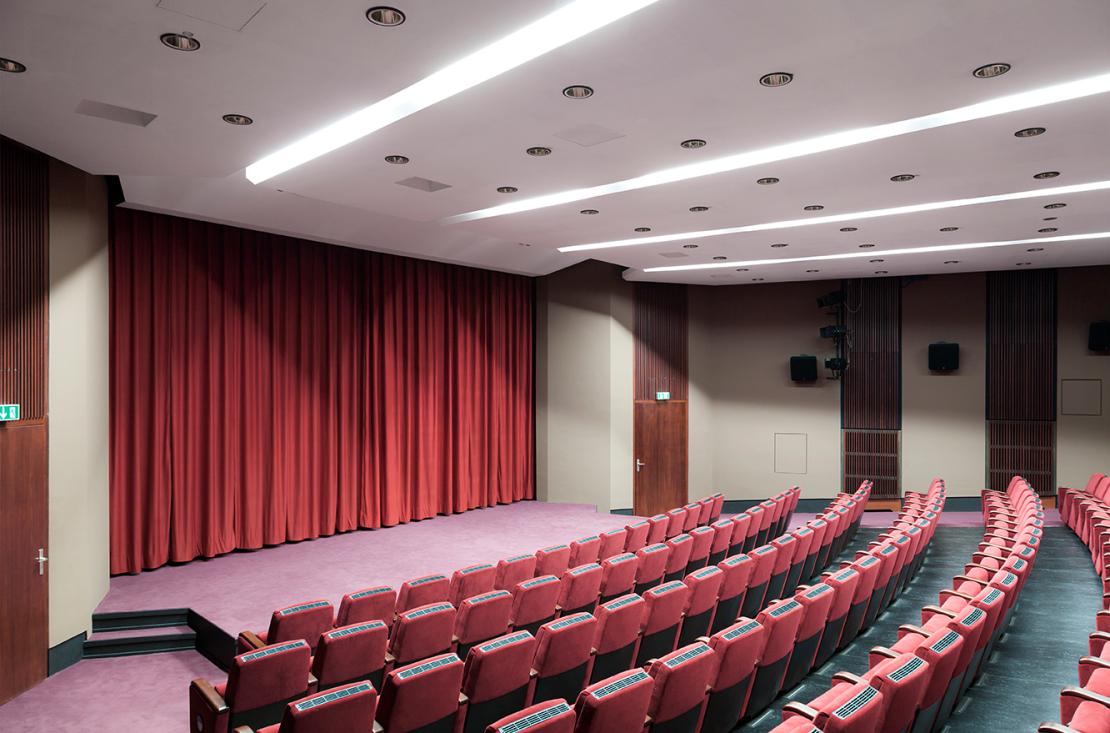
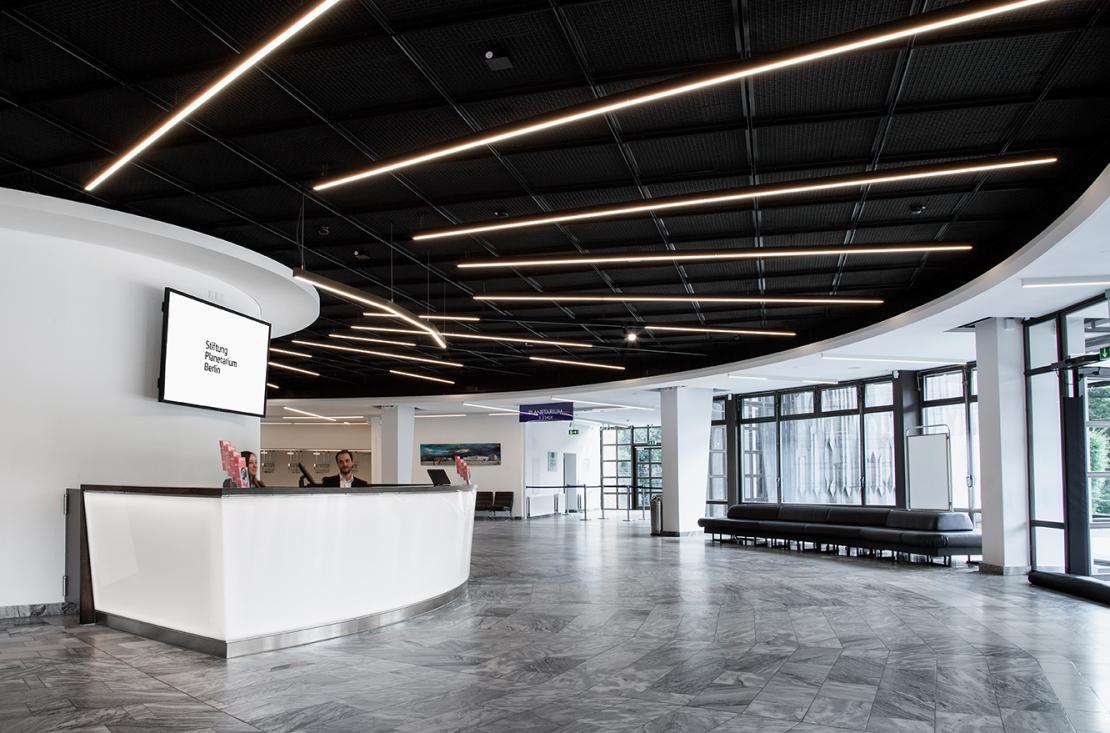
Planetarium am Insulaner and Wilhelm-Foerster-Sternwarte (Observatory)
The Planetarium am Insulaner with its magnificent artificial starry sky opened in 1965. Visitors can experience fascinating astronomical live lectures, radio plays, music shows and children's programs in the 20m dome. When the weather is clear, several large telescopes are available for observation at the nearby Wilhelm-Foerster-Sternwarte (Wilhelm Foerster Observatory).
The Planetarium am Insulaner will have begun its upgrade process in 2024, however the dome theater will remain functional for select conference activities. Though the dome will remain a size of 20m / 65.6 ft, all technology will be upgraded to the most modern available standards and the planetarium will become one of the most modern education centers in Europe. Furthermore, the building will also be remodeled, adding more accessible spaces to be used for breakout sessions, presentations and networking!
While the Wilhelm Foerster Observatory – located just above the Planetarium am Insulaner – will not be used for sessions, optional tours will be available.
Planetarium am Insulaner / Wilhelm-Foerster-Sternwarte
Munsterdamm 90, 12157 Berlin
Public transport station: Bus Planetarium (Berlin) / S-Priesterweg
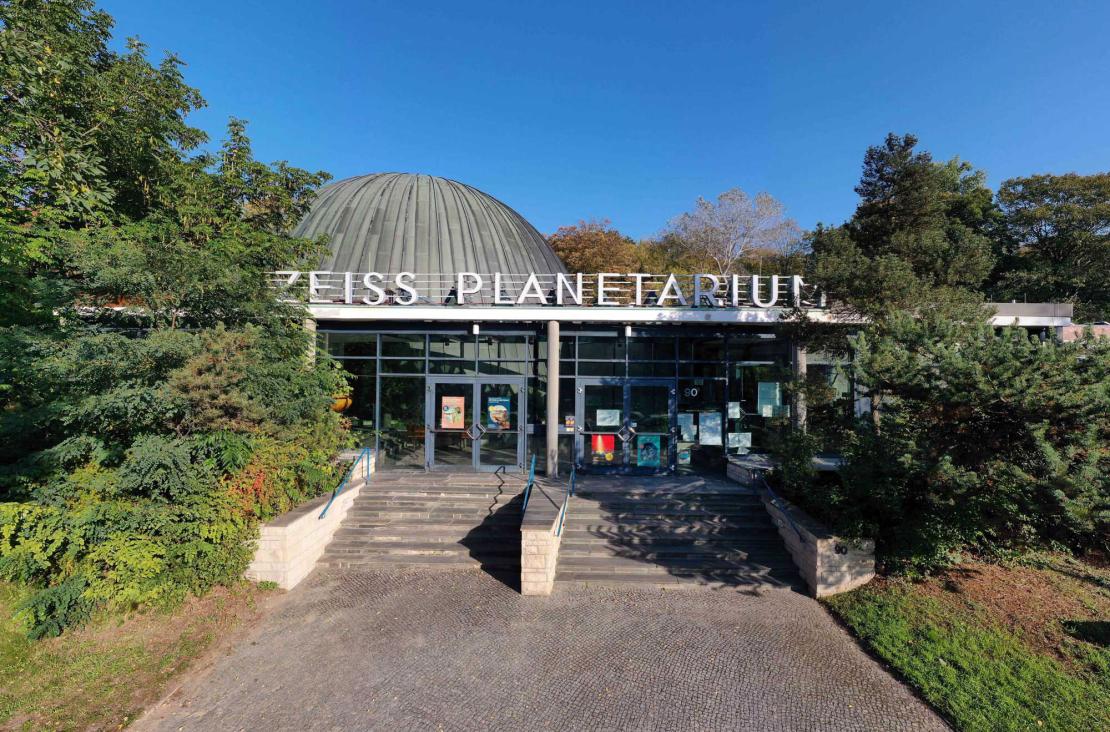
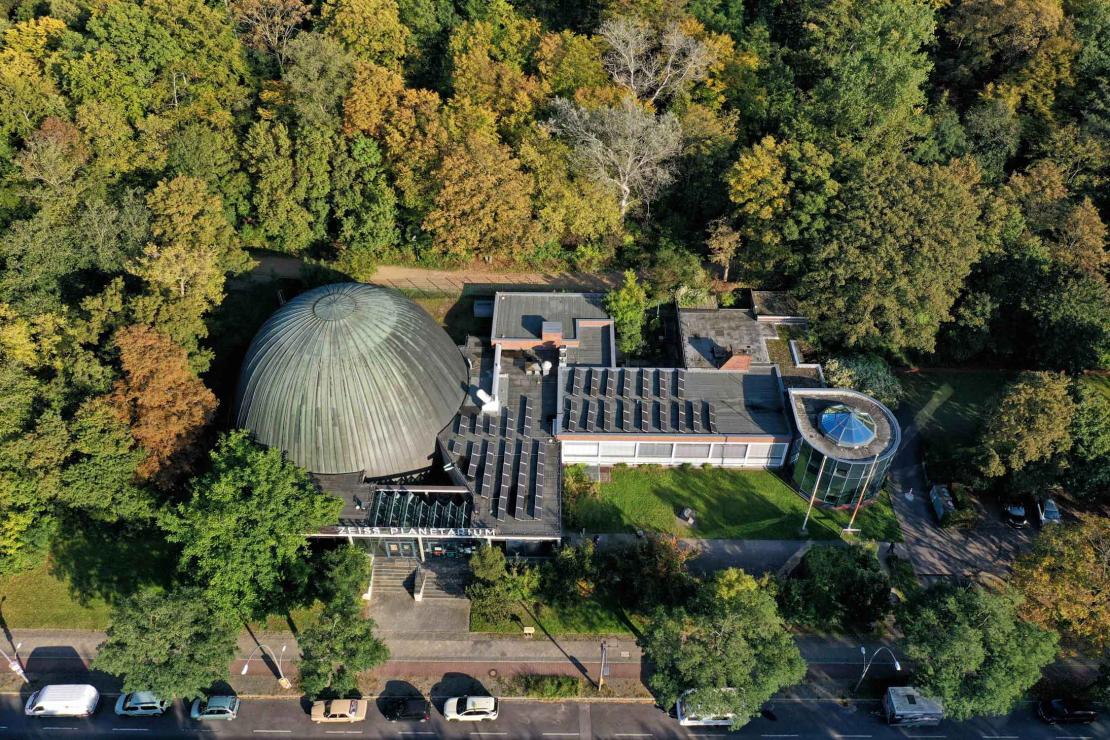
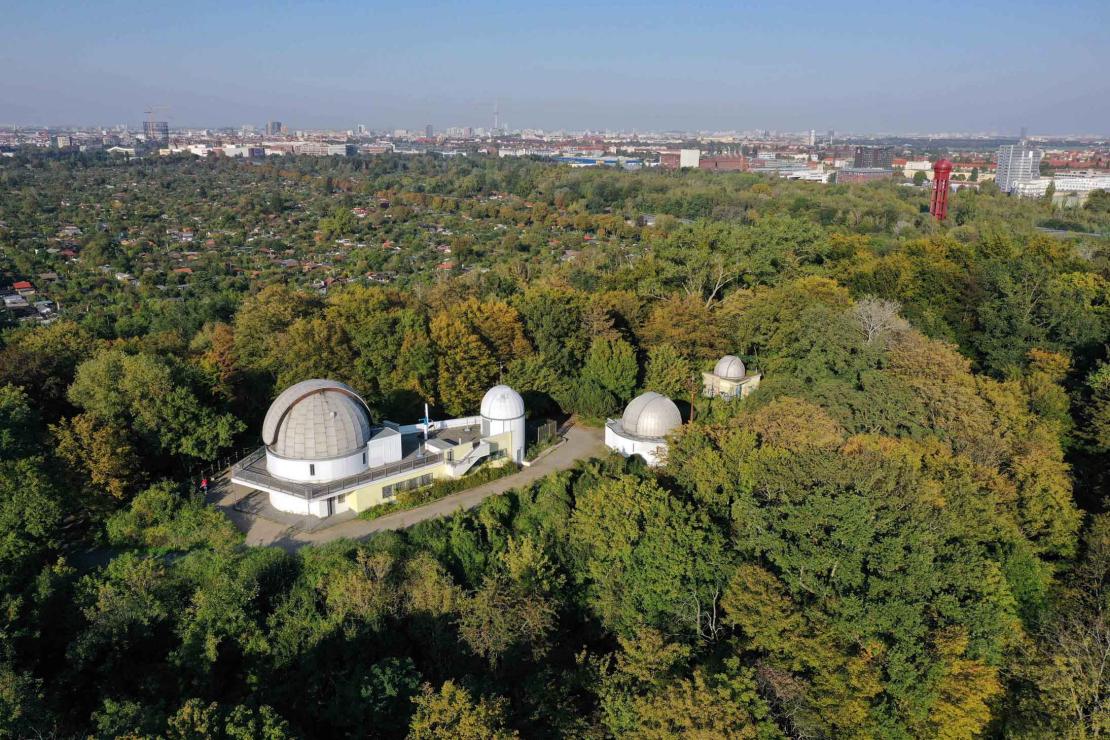
Archenhold-Sternwarte
The Archenhold-Sternwarte (Archenhold-Observatory) is the largest and oldest public observatory in Germany. Since 1896, visitors have been able to observe the sky here – in the middle of Berlin’s Treptower Park – with the longest movable refracting telescope in the world. The building's attractions include the »Great Refractor«, the historic Einstein Hall, the Zeiss-Kleinplanetarium (small planetarium) and a Museum of Astronomy. With its diverse offerings, the Archenhold-Sternwarte invites you on a journey through the world of astronomy.
The Archenhold-Sternwarte will also be the venue of the group picture and a Grillfest/Biergarten evening so that we may celebrate in one of our favorite ways with attendees! No sessions will be hosted here, but tours will be offered and networking, comradery and fun are highly encouraged!
Archenhold-Sternwarte
Alt-Treptow 1, 12435 Berlin
Public transport station: Bus Alt-Treptow (Berlin) / S-Treptower Park (1,5 km walk)
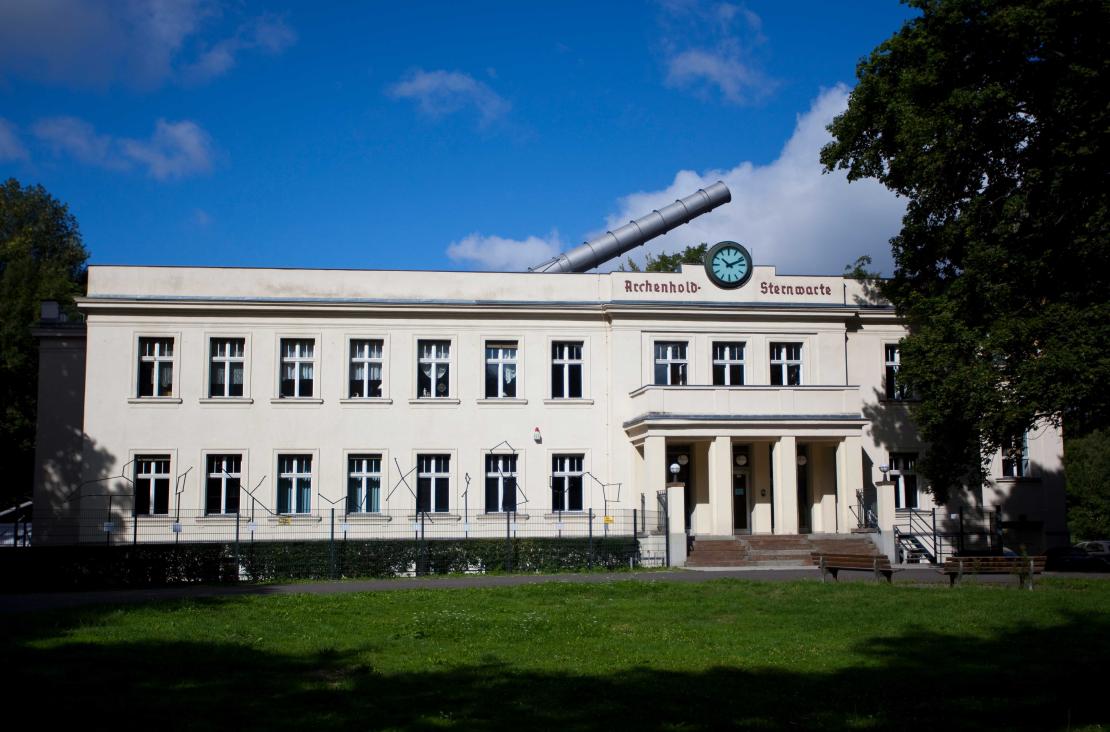
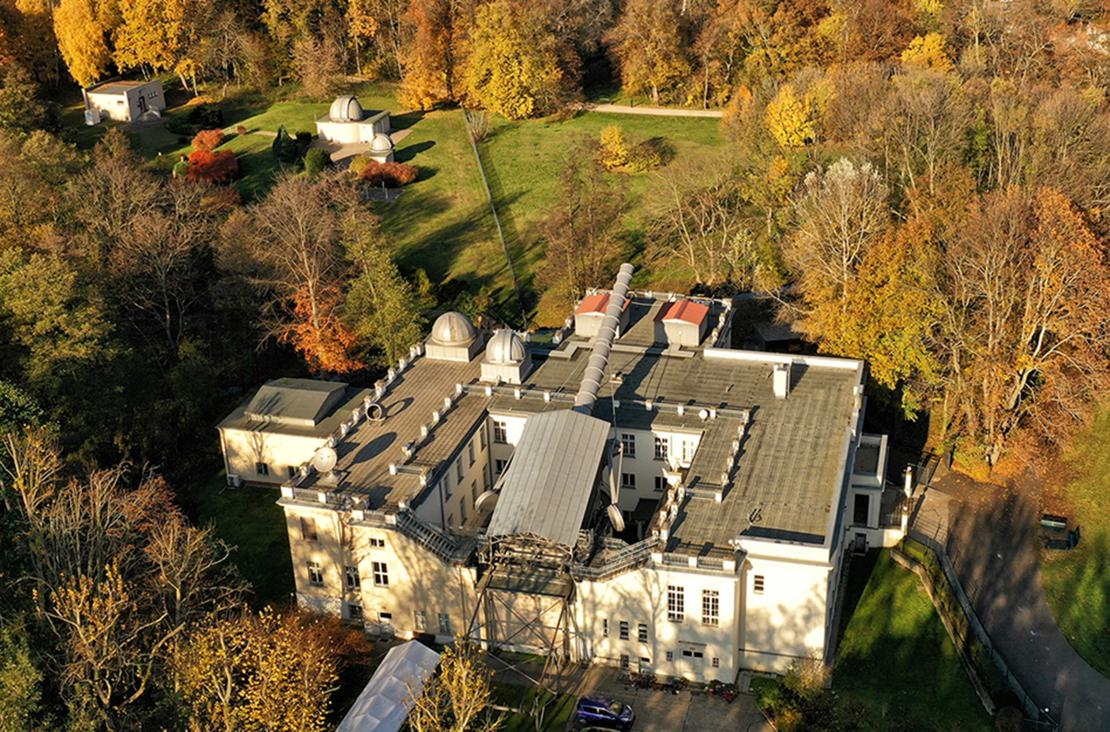
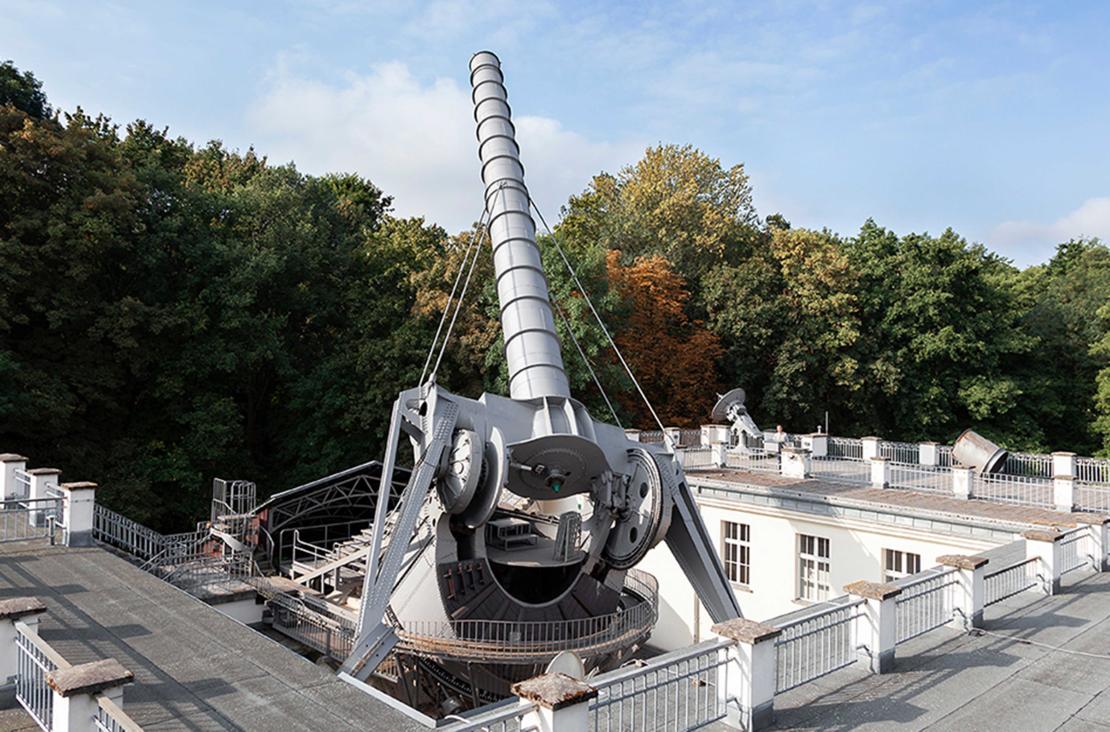
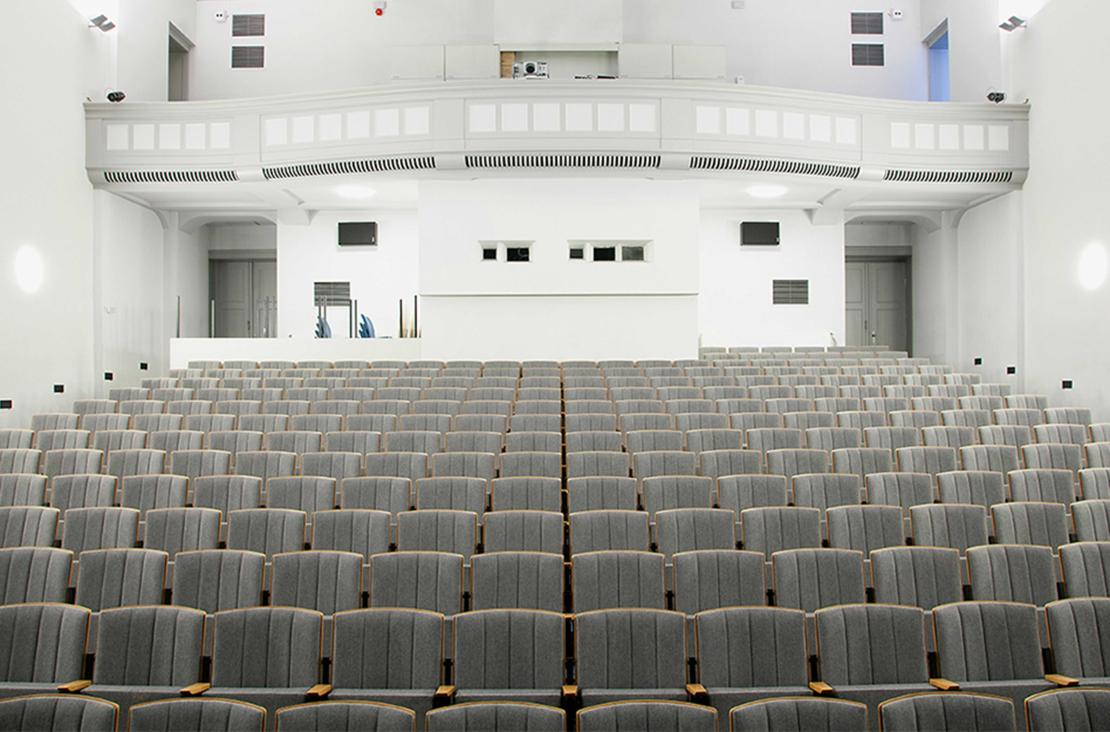
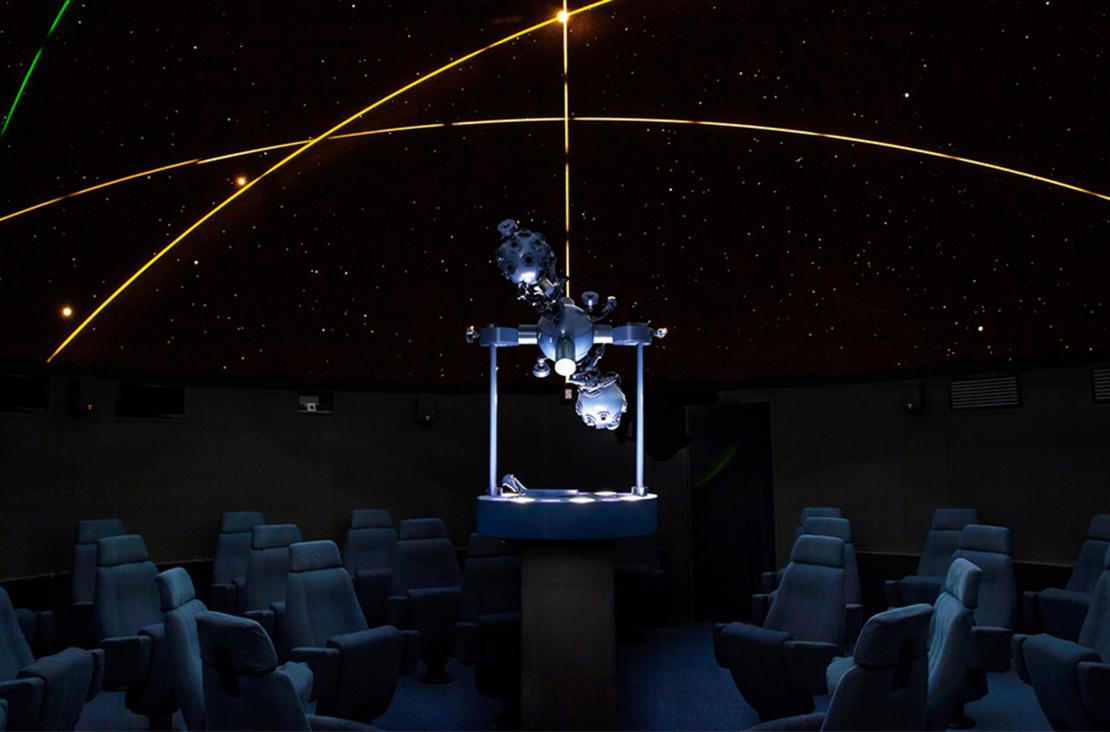
Zeiss-Planetarium Jena and Restaurant Bauersfeld
The Zeiss-Planetarium Jena is the world's oldest and longest serving large planetarium, opening its doors to the public on July 18, 1926. The 23-meter dome with 260 seats boasts the beautiful skies of both its opto-mechanical projector and its beautiful new fulldome system. When not enjoying programs in the dome, guests can enjoy visiting with each other in the Bauersfeld Restaurant and Biergarten.
The planetarium theater is fully equipped with modern planetarium and audio-visual technology. All other supporting rooms of the planetarium are perfect for hosting conferences and have all modern A/V equipment as well.
Zeiss-Planetarium Jena
Am Planetarium 5, 07743 Jena
Public transport station: Tram-Jena, Spittelplatz
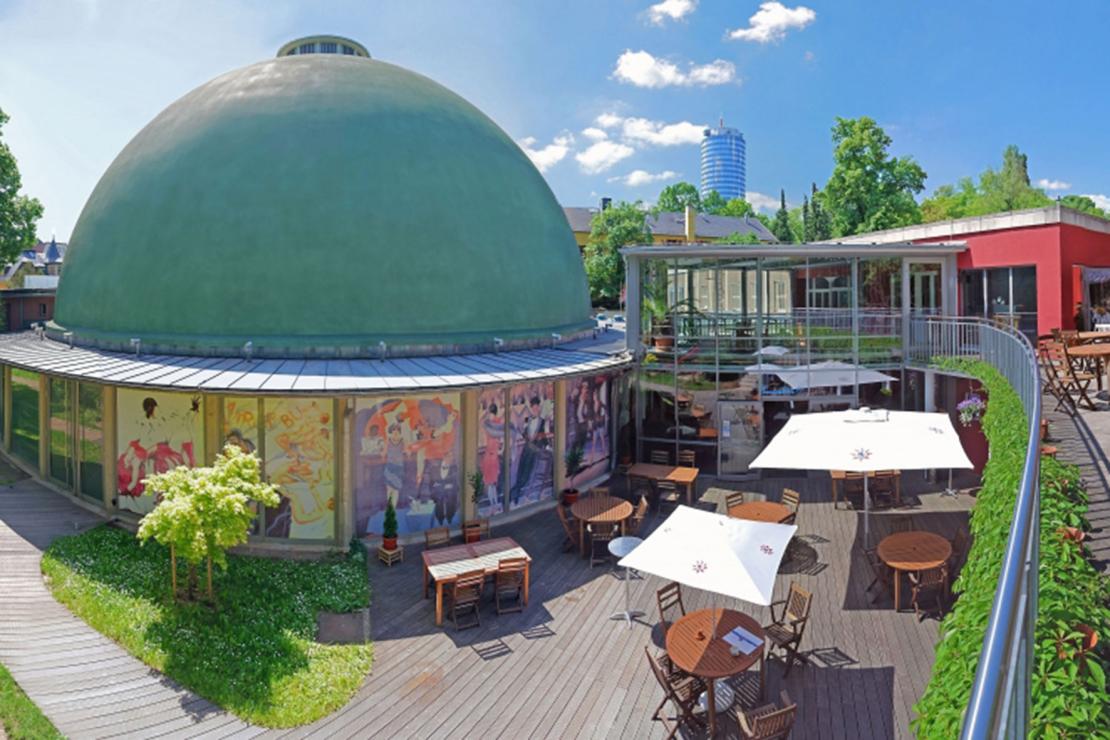
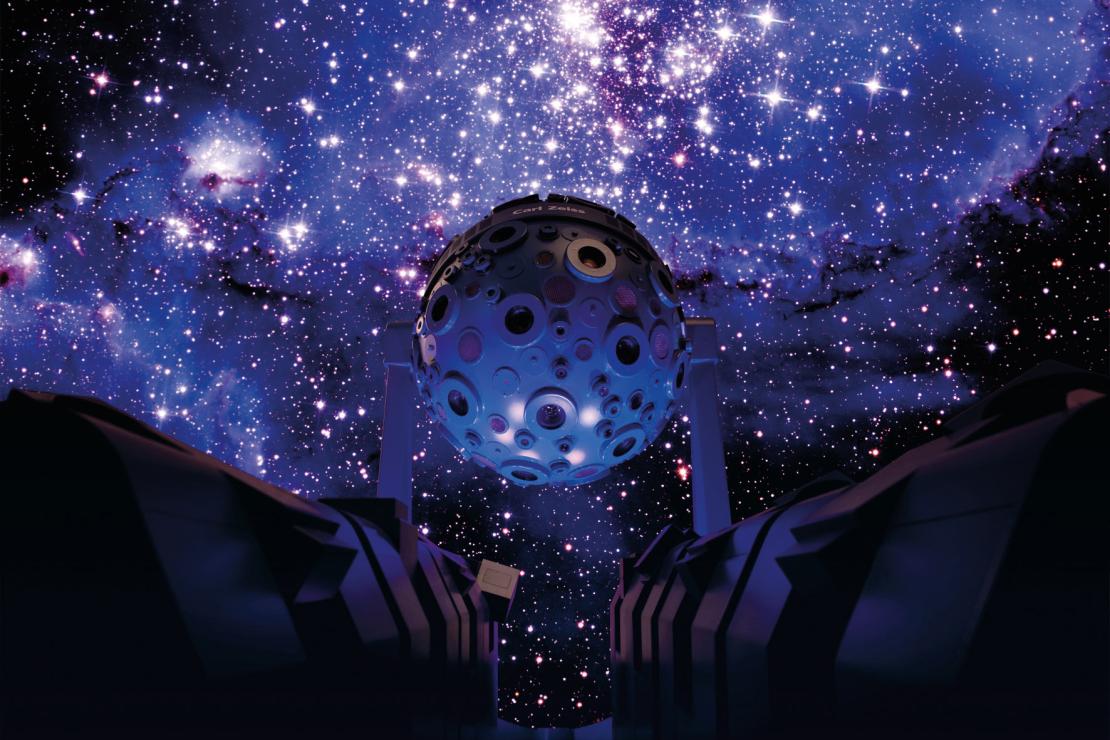
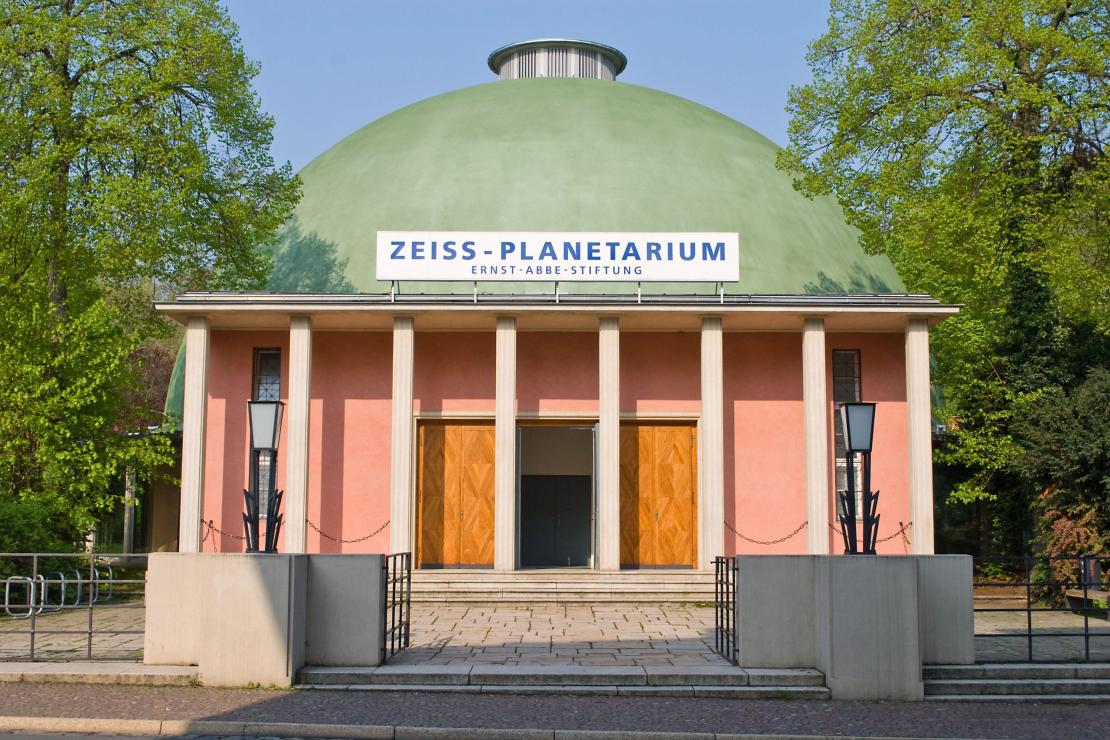
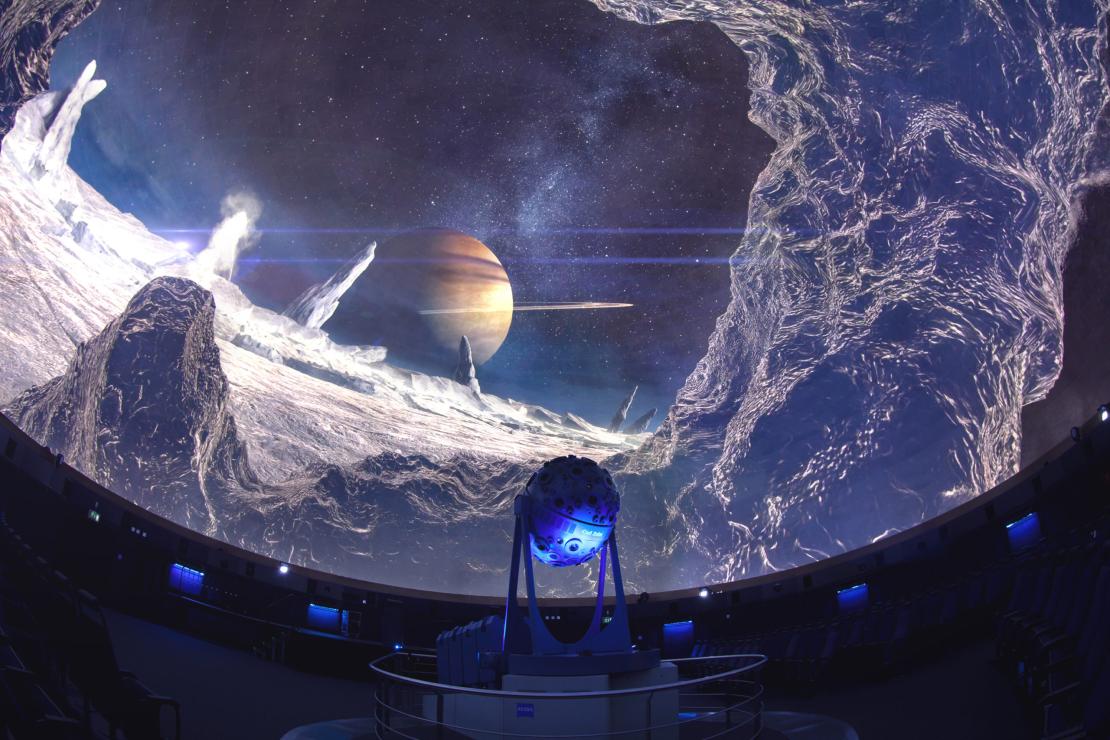
United Under the Sky: a program with something for everyone
United Under the Sky: a program with something for everyone
Planetariums have transformed into palaces of wonder, knowledge, and even entertainment over the last 100 years. They are a place where everyone is welcome to marvel at the sky and our universe (and even other subjects like the human body and aquatic life). It doesn’t matter who you are, where you are from, what you look like, and what you believe; the sky belongs to everyone.
We have chosen the theme United Under the Sky for IPS 2024. We feel it truly sets the tone for not just the conference, but the next 100 years of planetaria. We planetarians are united in our common goal of sharing our passion for astronomy with others. When we work together with our colleagues all over the world, we see the most success. It is in sharing our diversity that planetariums and planetarians are able to shine.
The sky is what brings us together, but United Under the Sky also has another meaning for us here in Berlin and Germany. 2024 will also be the 35th anniversary of the fall of the Berlin Wall. For 45 years, Berlin was a divided city and Germany a divided country. It did not matter if you were in the East or the West; the beautiful sky was still something that could be shared. We feel that bringing everyone together from all over the world (East and West) here in Jena and Berlin during the Centennial of the Planetarium and the 35 Year Anniversary of the beginning of reunification makes perfect sense. We are indeed, United Under the Sky.
During the IPS 2024 Conference, it is our goal to enable participants to explore new and different ways to work together. Naturally, we will continue to learn about best practices and new technology. However, we want everyone in our community to be able to branch out and make new connections around the world to create the best programs for our planetarium visitors.
Jena: Birthplace of Planetariums and City of Scientific Research
Jena is home to the birthplace of our community, our profession, our vocation. The first projection planetarium was created in Jena and started an amazing 100-year journey that has brought us all together. If you ever wanted to perform some planetarium genealogy, Jena is the place to go!
Jena is also home to scholars and scientists as well. Students come from all over the world to study at the university and colleges in Jena. The schools offer a broad spectrum of subjects, but specialize in Applied Sciences.
Jena is very much a city with small town charm. You will find regular markets in the square for produce and hand made goods, as well as excellent gastronomy throughout the city. The white asparagus is definitely a Jena must… as well as a Thüringen Bratwurst! Even just walking through the heart of town, you will find yourself completely immersed in the culture of the city.
Berlin: A City of Science, Culture and Advanced Learning
Berlin is a city dedicated to science, culture and education. Berlin’s startup tech scene has really boomed over the last few years, bringing the cream of the crop from all over the world to live in Berlin. Furthermore, many prestigious and world-renowned institutions and research organizations are in Berlin. This includes the Robert-Koch-Institut, Humboldt University, several Fraunhofer-Institutes and Leibniz-Association research facilities, the Max-Plank-Institut, and the European Institute of Innovation and Technology.
On top of the afore mentioned scientific facilities and the three planetariums and two observatories of SPB, Berlin is also home to the Deutsches Zentrum für Luft- und Raumfahrt (DLR; German Aerospace Center), which partners regularly with the SPB.
Berlin is also home to the Long Night of Science, Long Night of Museums, and the Long Night of Astronomy celebrations.
Berlin is truly a place of informal learning as well, boasting almost 200 museums around the city. Museums in Berlin range from traditional history and art museums and zoos to pop culture museums like the David Hasselhoff museum.
Finally, it is impossible to talk about Berlin and not point out the endless arts opportunities. Berlin is home to two major and two minor opera houses, a symphony and many theaters.